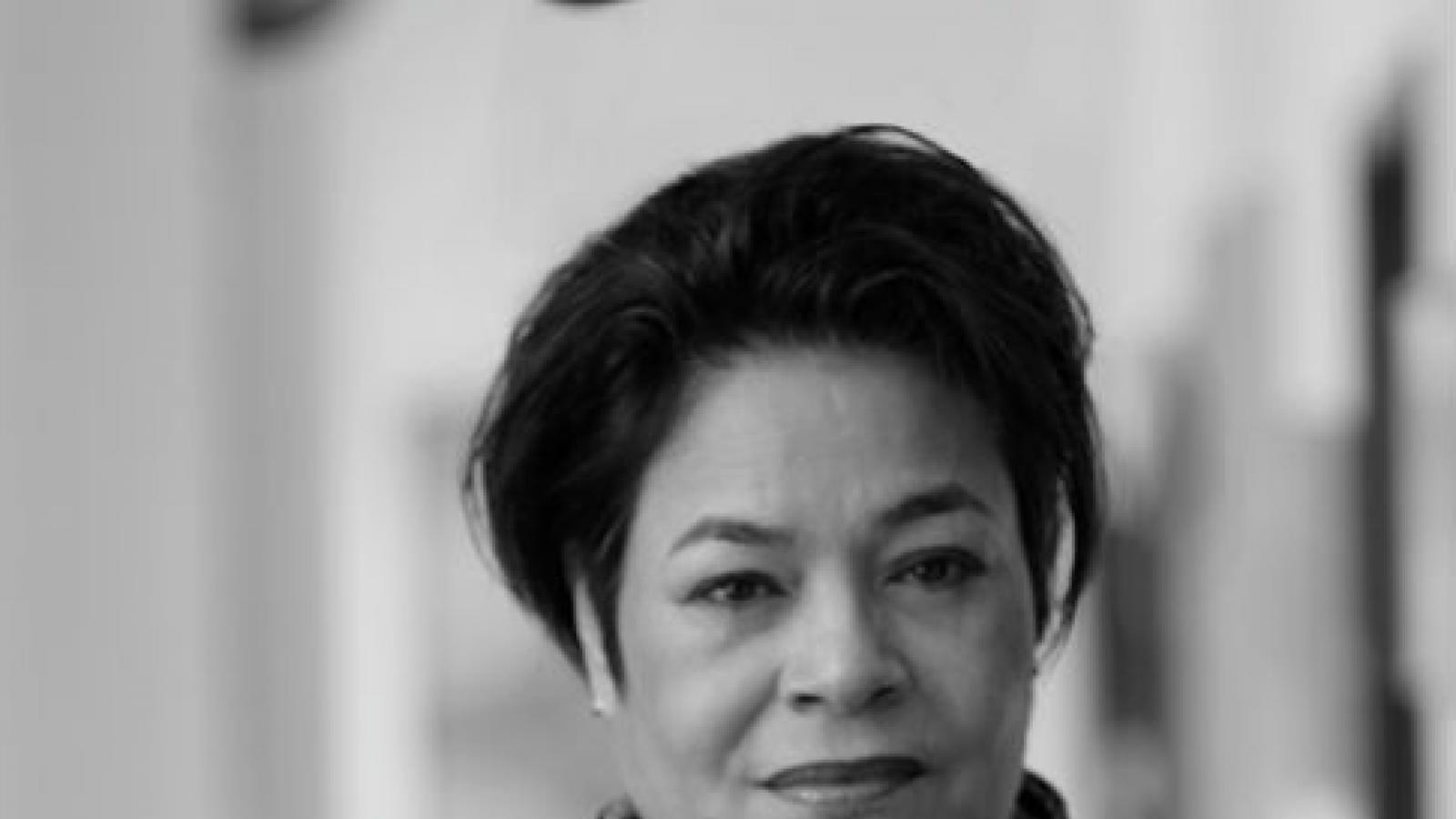In Prison, Family Bonding through Books

Last fall, Deborah Jiang-Stein found herself wondering if she’d ever been read to in prison. Born to an incarcerated, heroin-addicted mother, Jiang-Stein spent her first year of life in the Federal Women’s Prison in Alderson, West Virginia. She soon entered foster care and was later adopted, leaving her with no way of knowing if her first few months were filled with the stories and board books often shared with newborns.
Her curiosity led to a new initiative for the unPrison Project, a nonprofit Jiang-Stein founded to empower incarcerated women and girls. In partnership with the Children’s Book Council (CBC), the new venture will create libraries at ten prison nurseries, and will stock visiting rooms at 31 additional prisons with books for older children visiting their mothers. With hundreds of books donated from 17 CBC publishers, the initiative has the potential to reach thousands of the 2.7 million American children who have a parent in prison. The joint effort was announced in time for Mother's Day, which falls on the last day of Children's Book Week 2015.
While reading can forge bonds between parent and child, this project also addresses larger social issues. “There's been lots of research about how a baby's brain develops by hearing words and sounds and being spoken to and read to,” said Jiang-Stein. Last June, the American Academy of Pediatrics recommended that parents read to their children starting at birth, citing how the practice can improve literacy and language development. These early gains are especially important for low-income children, whose language skills can begin to lag behind children from higher socioeconomic families as early as 18 months. This gap widens as children age, putting lower-income children at a significant disadvantage.
One contributing factor to this disparity could be that only one-third of children who live below the poverty line are read to on a daily basis. “I thought [reading to children] should happen in prison, because it could really change lives,” said Jiang-Stein. “It's so simple—it's just a book. But it means learning to read and hopefully employment and a stable life.” “What if," she mused, "the second generation were changed because education and reading started at birth?”
Jiang-Stein says reading had a profound effect on her own life, and credits books with helping her knit together her broken beginnings. Her adoptive parents were both English professors, and she describes her childhood as one filled with art and literature. Reading, she said, “eventually helped me get out of the pain and the sorrow that I experienced.”
It’s an experience she hopes to now pass on to others. The specific titles chosen were selected for their diversity, both in genre and types of characters portrayed. One thing Jiang-Stein and the CBC avoided were books about children whose parents were in prison. “If we only see our own world, it's really easy to get stuck in it,” she said, emphasizing her belief in the power of fiction. “But what if we can imagine another world and see other possibilities, just through reading a book? I know it's a cliché, but it opens the door to the world. I think everything starts with curiosity. We never move forward if we don't have it.”




